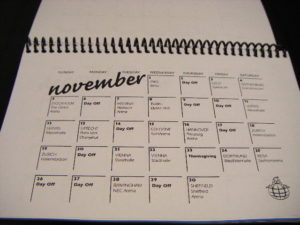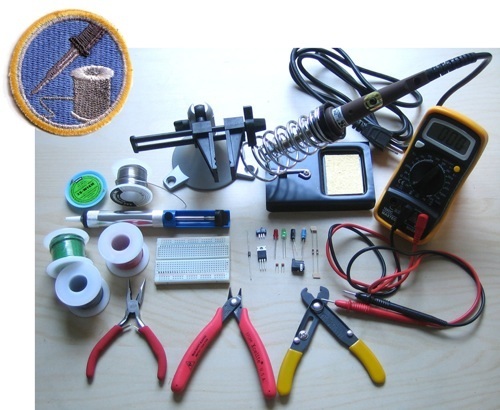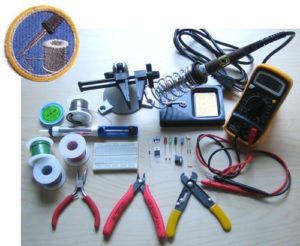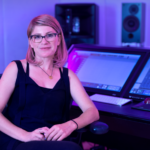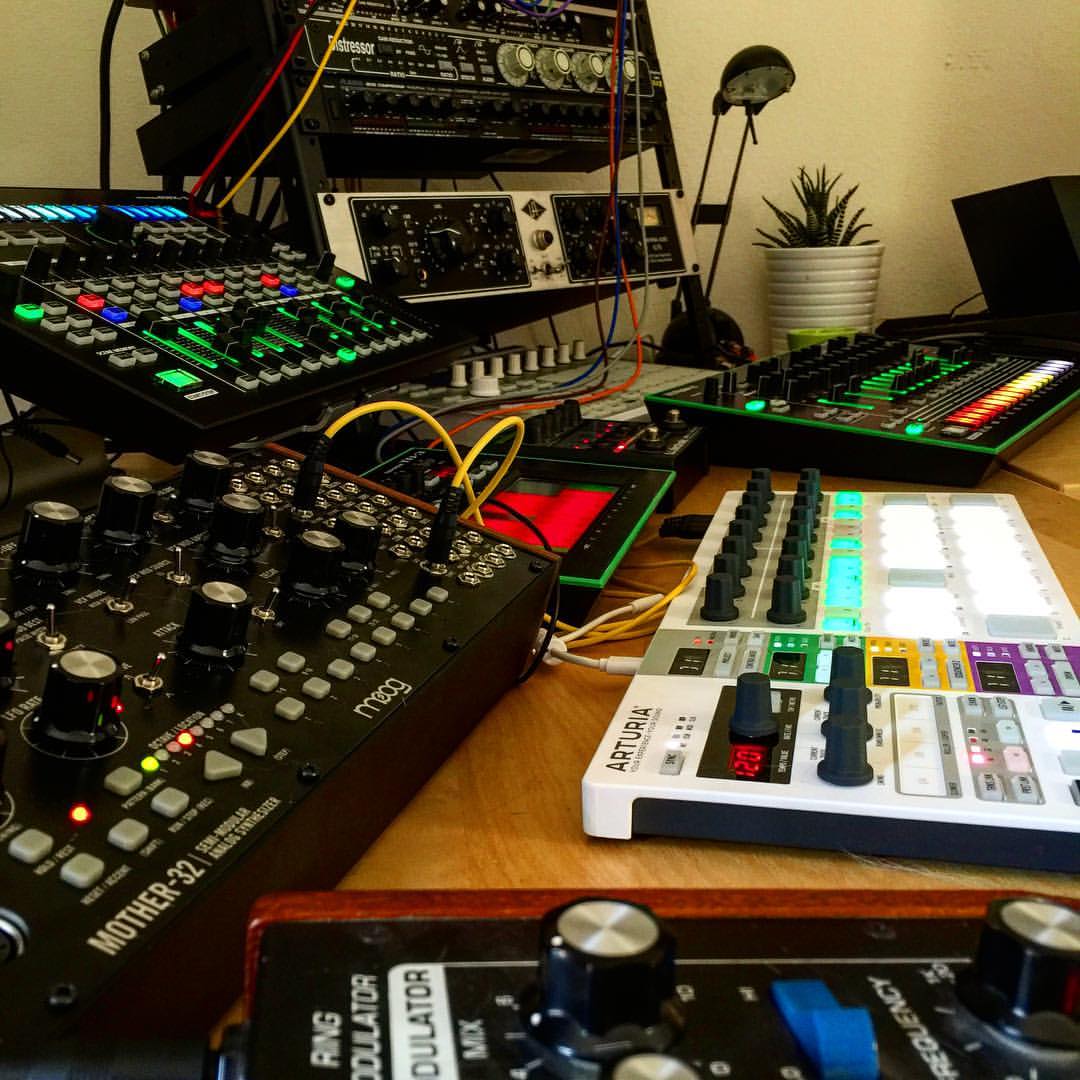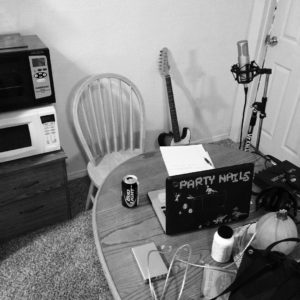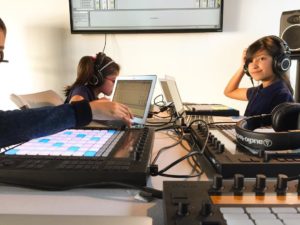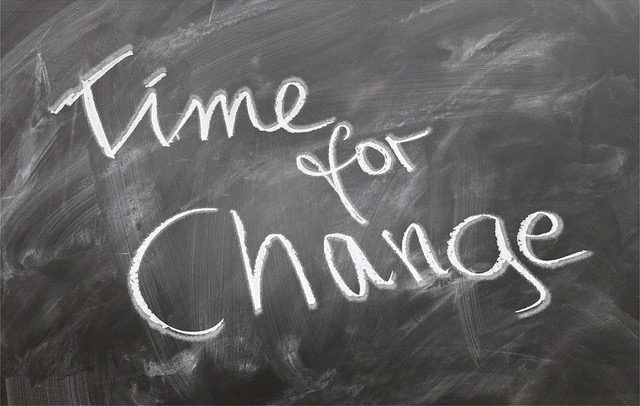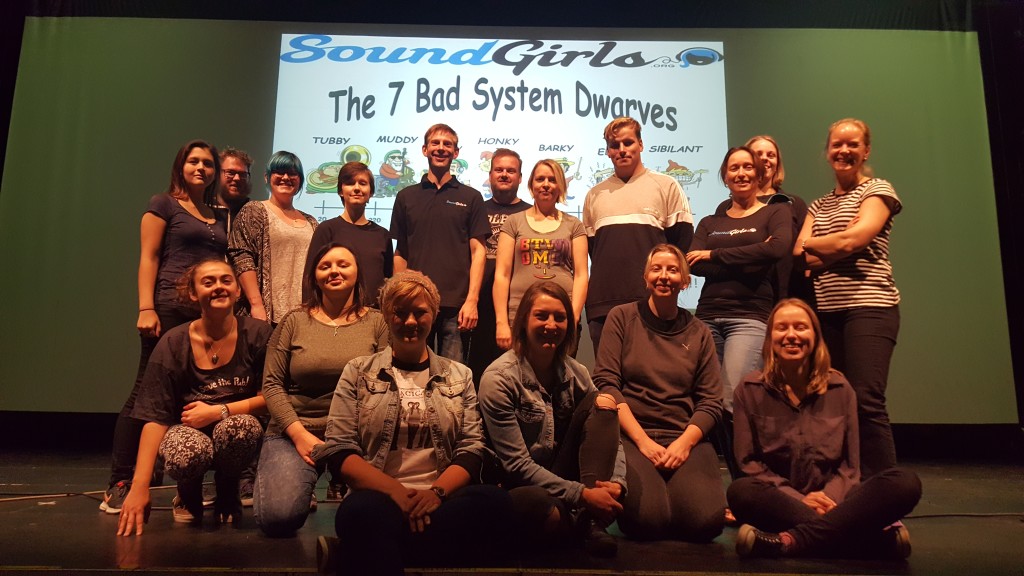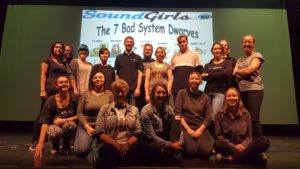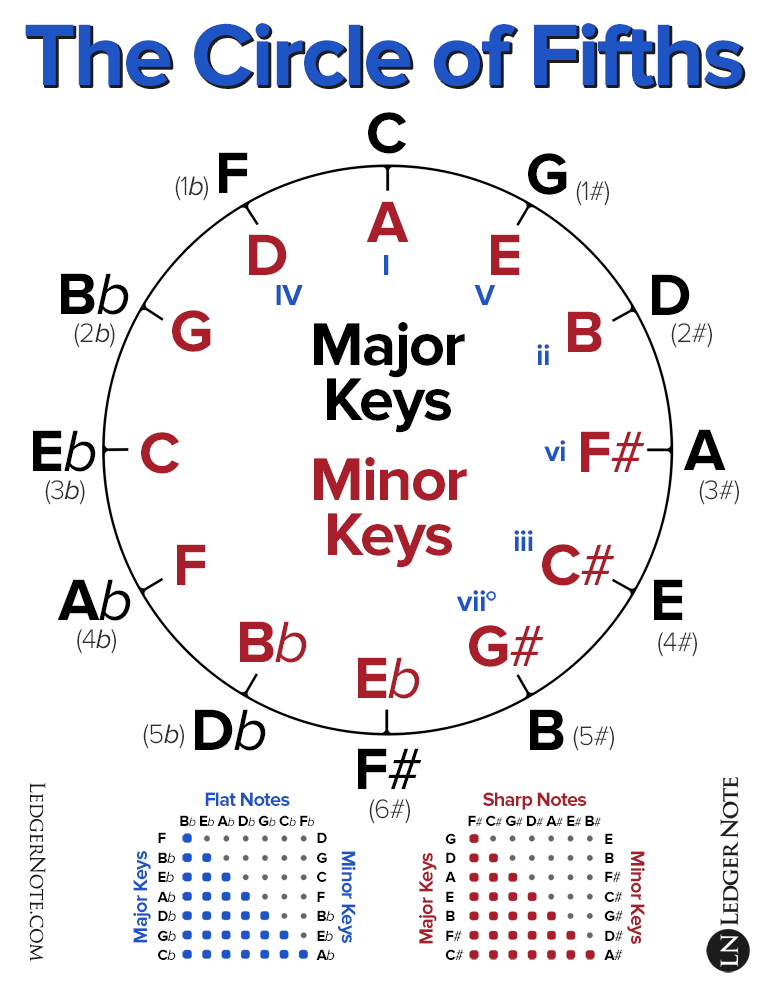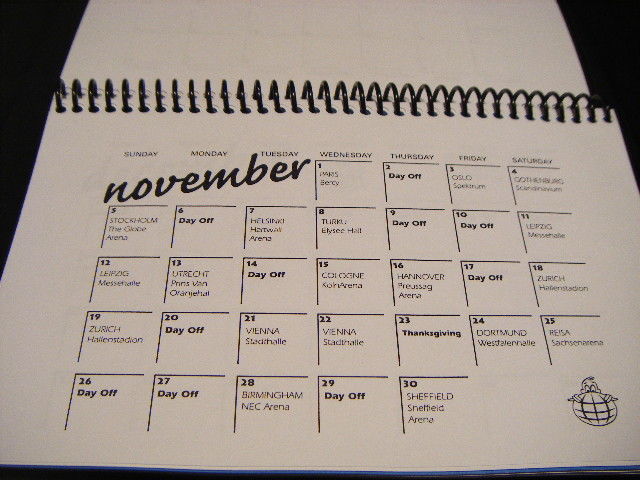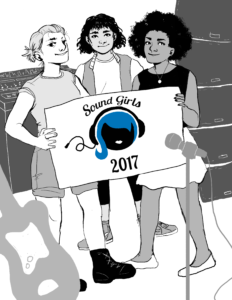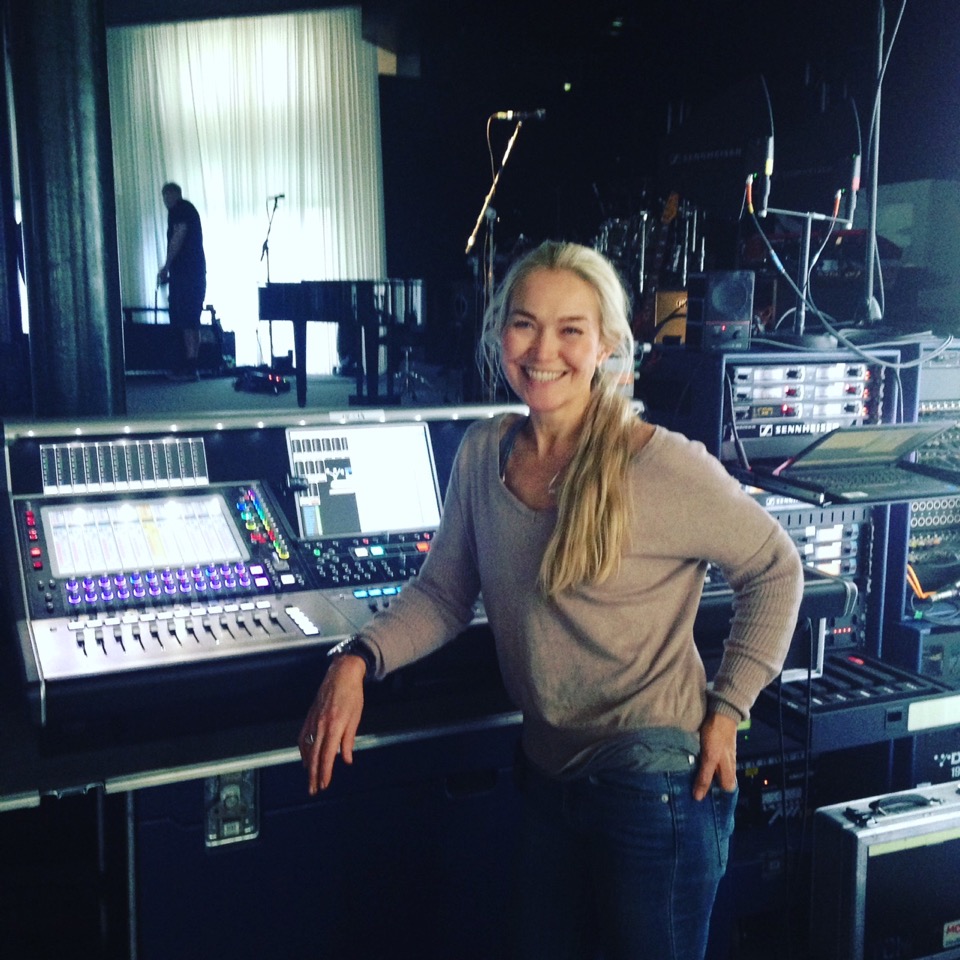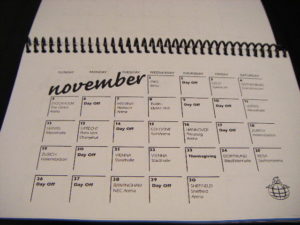 Cheat Sheet for Tour Managers
Cheat Sheet for Tour Managers
Feel Free to Post Your Tips and Advice and we will add them.
Venues:
Call or text the Production Manager and let them know when you’re 10min away. If you don’t get a response, no big deal. Load-in details should be advanced.
When you arrive, run in and tell them you’ve arrived. Ask them for some hands to help you unload. After getting all the gear in and locating the dressing rooms have them direct you to your parking spot.
Introduce yourself to everyone inside – find your key people – PM, house FOH, house MON, house LD, promoter rep, head of security, merch person and whoever is responsible for stocking the dressing rooms. Make best friends with this person! Merch person and promoter rep sometimes arrive at the venue later than everyone else. Attend the security meeting (if applicable.)
Once the band has a minute to get settled in the dressing room, have them get their gear pre-set off stage (ask the PM where to do this). This way they’ll be almost ready when (the headliner) finishes their check, and they can just move their gear into place. Otherwise, you’ll waste all your soundcheck time doing
Setup.
Ask them if soundcheck is running on time, and what time you should have your band ready to move onto the stage.
Check that the rider is in the dressing room, or on its way (everything you agreed during the advance). If you are an opener, you probably won’t get your full rider, but you should at least have what was agreed during the advance. At a bare minimum, make sure you have:
- water
- hand towels (preferably black) plus bath towels if there’s a shower
- meals or buyout
Show Schedule:
Make sure there is a schedule for the day printed and hung on the wall by the door in the dressing room. The venue or headlining act usually handles this, but in case they don’t – do it yourself. Just the basics: day, date, venue name, address, doors, set times and length, changeover times and length, curfew and wifi info. In big type that’s easy to read. If your band has a logo, include it at the top and keep a template going.
Set List:
Try to get a jump on the setlist right after soundcheck. Keep all setlists in an accessible and sharable place (Dropbox for example) saved under their dates. You will often get asked for them after-the-fact for press, and sometimes the band will say ‘we want to do the same setlist we did in Portland.’ Once you have it, type it up as big as possible on one page, and print needed copies. Possible positions that need setlists will be: (modify as needed)
- FOH
- Monitors
- Lighting
- Backline Techs
- Dressing Room
- Each Band Member
- Spares
Next up is the guest list:
Check with everyone (band, crew, press, management) and type it up, then give to contact that is handling the guest list (per advance.) If you need more than your allotted spots, charm the promoter. Make sure this is done before doors.
Merch:
Count-in, the merch with the merch person. Merch %s should be listed in the deal memos. If touring with a headline act see if their merch person is willing to take your remaining merch at the end of the night and bring it to the next city. (For example – If you are going to do this, get a large Tupperware container or something easy for them to travel with.)
Always give the band a heads up when:
- Doors have opened
- 10 min before their set time
- 5 min before their set time – since you’re going to have to make it to FOH or MON, tell them you’re leaving them at that point, and make sure there is an appointed venue person to tell them it’s go-time.
Before you head to FOH or MON:
Make sure the stage is all ready, (lead vocals) knows where their mic is, and that each person has the following at their station on stage: (modify as needed)
- Two black hand towels + Two waters
- Setlist taped down where they can see it
After the show:
Help get the gear off the stage, packed up, and loaded out – the next band or headliner’s people will want you off their stage
Check in with the band backstage right after the gear is handled. See if they need anything, then tell them you’re going to settle, and what time they should be ready to leave. Only leave early if you have to leave to the next city. Otherwise, stick around to deal with merch.
Find the promoter rep and settle. Make sure they have the W9, and that you get a copy of the settlement.
Check in on merch:
- see what they’ve sold so far
- see if they need any more stock
- make sure they have SoundScan/venue settlement sheets if you’re going to leave before the end of the night, and that there’s a plan
When it’s getting time to leave:
Give the band a 15 min heads up before departure time.
Load any dressing room hospitality into the van/sprinter/bus (typically unopened only). Ask the venue for a box or bags for this.
Hotels
When you arrive:
Go to the front desk and give them your group name (or everyone’s names if it’s not registered as a group).
Offer to take band’s credit cards for incidentals (if required), so they can get their bags out of the vehicle while you get their keys.
Make sure there is a copy of your rooming list and hotel information sheet in each envelope. This can be advanced with the hotel, so it is ready on arrival.
On checkout:
Leave extra time to deal with the front desk. It always takes longer than you think. Make sure everyone has paid their incidentals and has a copy of their ‘zero balance receipt.’
Ask for a copy of the master folio, and make sure that nothing except Rooms, Tax, and Internet has been charged to the tour cc.
If for some reason it’s taking too long at the desk, and it’s going to make you late, just leave. It can be sorted it out later.
Helpful Resources
GeniusScan – A PDF scanner app
Square – Accept credit card payments:
Waze GPS app –
Master Tour is the premier software solution for tour management and logistics. With Master Tour, you can organize your itinerary, travel, production, accounting and more in one application. Work on or offline and share critical information with your crew in real-time. Master Tour will help keep your entire organization in sync.
Cudasign app – E-sign electronic documents
Foursquare – Find local businesses and attractions:
Yelp – Find businesses with reviews everywhere
Another TM with more experience on speed dial
Global Access – Visa and Immigration: Global Access Immigration Services, Inc. has been providing worldwide entertainment visa services, consulate assistance and coordination for the Live Touring Industry for travel both inside and outside the United States.
Tour Supply Tour Supply Inc is THE One Stop Shop for Touring Professionals Worldwide.
Smart and Savvy Travel Agency – Owner/Operator Molly Brickson Williams:
Lock Travel Management – Owner/Operator Amber Lock:
Plaza Travel – Production travel agents
Cube Passes – Laminates, wristbands, luggage tags:
Dropbox – Cloud-based file storage and management:

 Rachel “Mr.Soundlady” Ryan is FOH for Ted Leo and the Pharmacists, Monitors for Silversun Pickups and The Strokes and has road managed/Foh for PHOX
Rachel “Mr.Soundlady” Ryan is FOH for Ted Leo and the Pharmacists, Monitors for Silversun Pickups and The Strokes and has road managed/Foh for PHOX Jessica Berg has worked at TM/FOH and Monitor Engineer. She has tour managed Dr. John, Quadron, Waka Flocka Flame and Phoebe Ryan. Most recently she has been TM/FOH/MON with Hailey Knox and ME for KIIARA.
Jessica Berg has worked at TM/FOH and Monitor Engineer. She has tour managed Dr. John, Quadron, Waka Flocka Flame and Phoebe Ryan. Most recently she has been TM/FOH/MON with Hailey Knox and ME for KIIARA. Mary Broadbent is the Tour Manager and Backline/Guitar Tech for The Mowgli’s and The Staves. She’s also worked with Wrabel, Fitz and the Tantrums, and Big Bad Voodoo Daddy.
Mary Broadbent is the Tour Manager and Backline/Guitar Tech for The Mowgli’s and The Staves. She’s also worked with Wrabel, Fitz and the Tantrums, and Big Bad Voodoo Daddy.